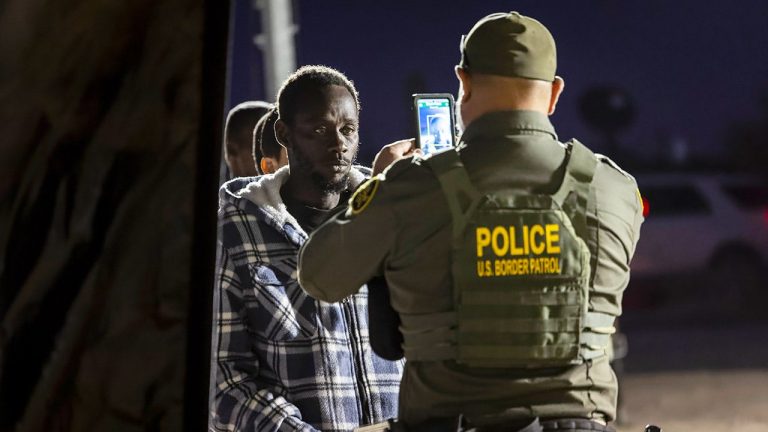Supreme Court allows emergency exceptions to Idaho’s abortion ban.
The Supreme Court handed down a significant ruling on Thursday, asserting that doctors in Idaho must continue to provide emergency abortions, at least for the time being. This decision comes in response to Idaho’s recent near-total ban on abortion, as the Court determined that federal law mandates emergency rooms to administer “stabilizing treatments” to patients in critical condition.
Two cases were brought before the Supreme Court – Moyle v. U.S. and Idaho v. U.S. – and have garnered national attention, particularly after the 2022 ruling that overturned Roe v. Wade. In a surprising turn of events, the Court deemed that the writs of certiorari in these cases were granted in error and vacated the earlier stays granted by the Court, signaling that the matter will continue to be litigated in lower courts.
In a concurring opinion, Justice Amy Coney Barrett, along with Chief Justice Roberts and Justice Brett Kavanaugh, expressed support for the Court’s decision given the significant changes in the cases since certiorari was granted. However, Justice Samuel Alito, joined by Justice Clarence Thomas, criticized the Court’s move as “baffling,” questioning the decision to dismiss the writ and vacate the stay.
Justice Ketanji Brown Jackson also weighed in, concurring with the decision to lift the stay but dissenting against dismissing the cases as improvidently granted. Jackson emphasized the unnecessary nature of the months-long legal battle and highlighted the violation of federal law in the process.
Idaho’s Defense of Life Act, which prohibits most abortions with exceptions for cases of rape, incest, and life-threatening situations, has been at the center of this legal dispute. The Justice Department argued that the law did not provide enough leeway for abortions in critical medical emergencies, leading to the intervention of the Supreme Court.
Idaho Attorney General Raúl Labrador applauded the Court’s decision, noting that Idaho could enforce its law to save lives while the case is pending. The Justice Department’s stance on the limited scope of EMTALA’s application in overriding Idaho’s law contributed to the Court’s decision to refer the case back to the 9th Circuit for review.
The crux of the legal battle lies in interpreting the federal Emergency Medical Treatment and Labor Act (EMTALA), which the DOJ argued requires healthcare providers to administer abortions when necessary, even if it conflicts with state abortion laws. This clash between federal and state regulations underscores the complex nature of abortion laws in the United States.
Supporters of Idaho’s abortion restrictions accused the Biden administration of overstepping states’ rights by attempting to impose federal mandates on abortion through interpretations of EMTALA. The intersection of healthcare, legal, and ethical considerations in this case has sparked intense debate across the country.
As the legal wrangling continues and lower courts take up the mantle of resolving this issue, the Supreme Court’s ruling serves as a critical point of clarification in navigating the complex landscape of abortion rights and state sovereignty in the United States.








